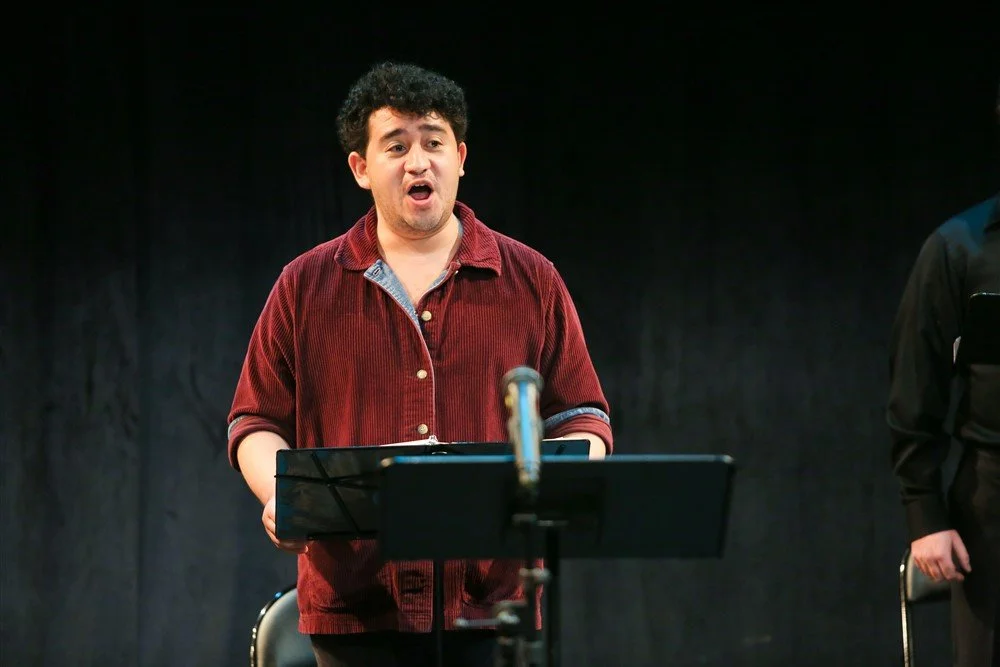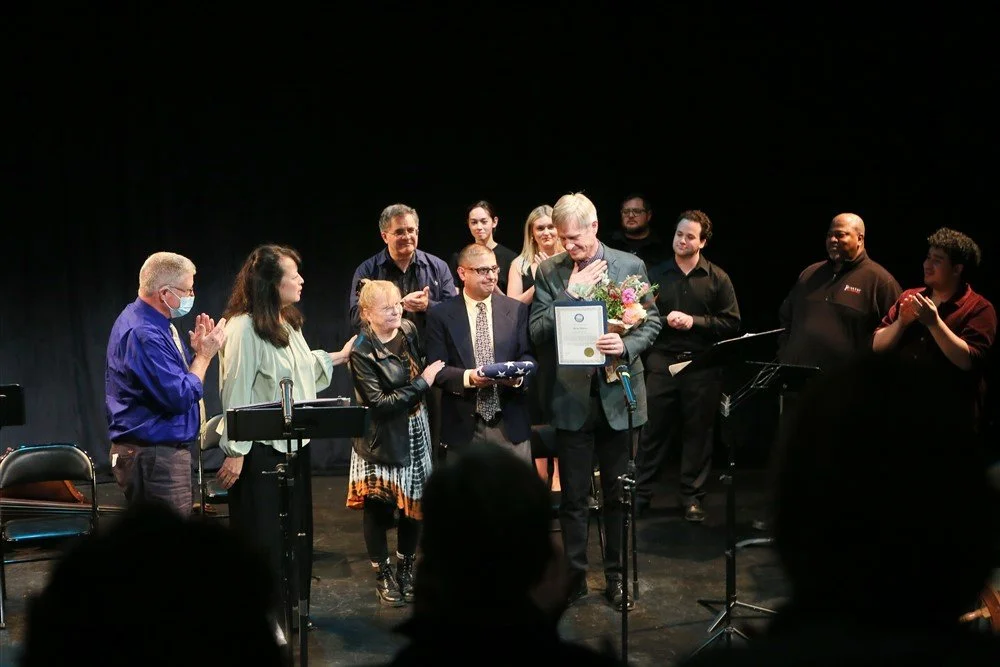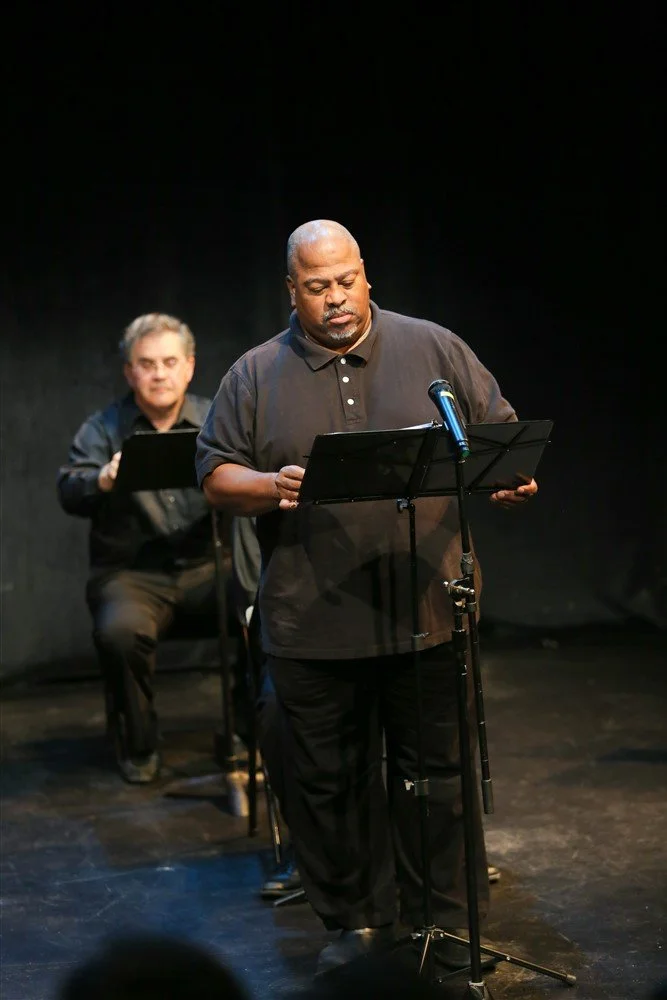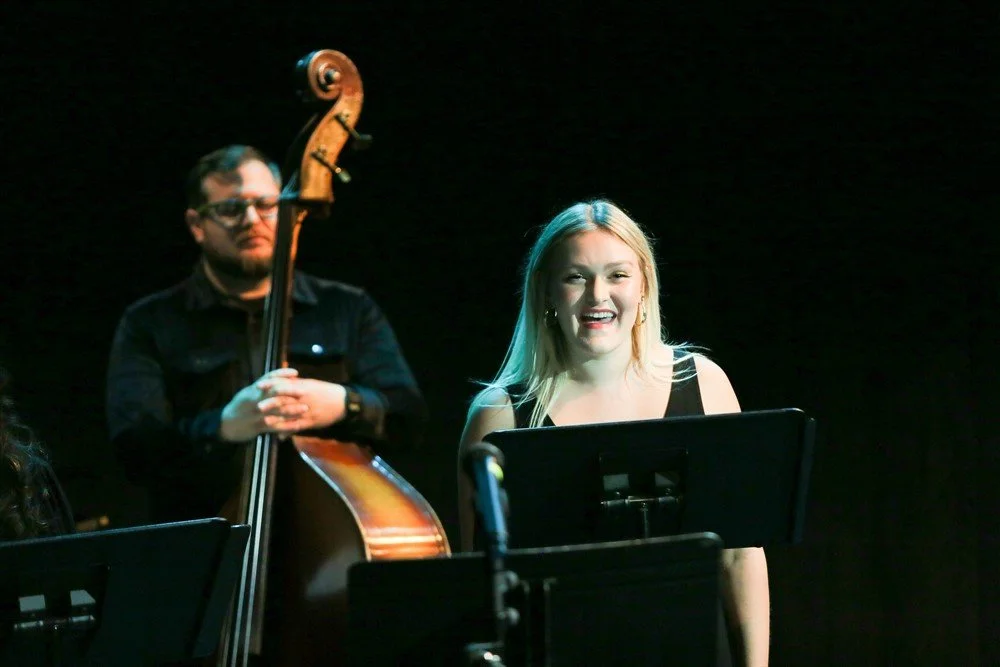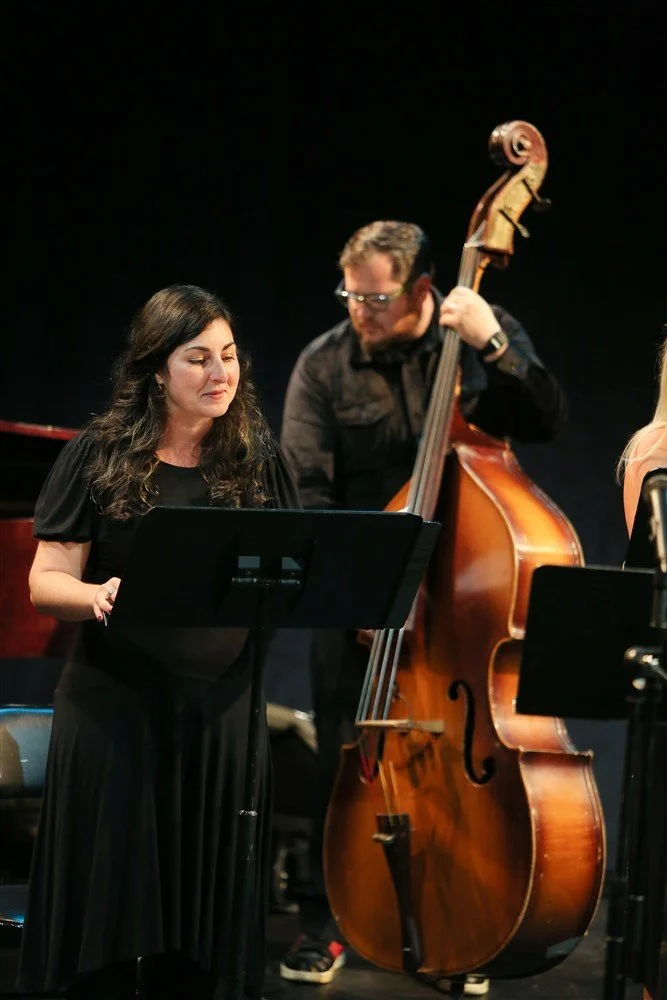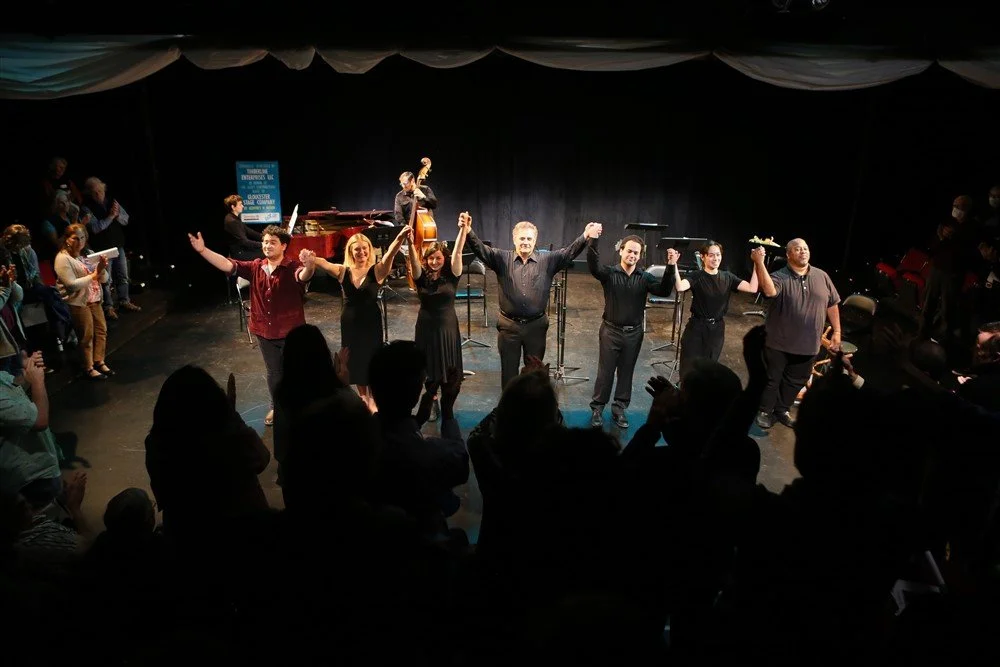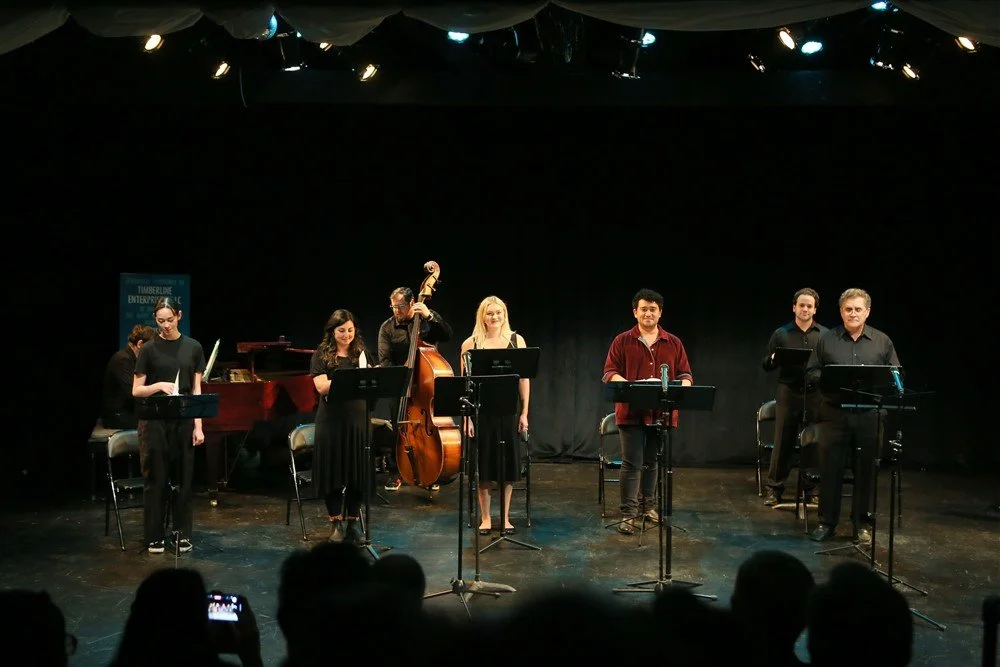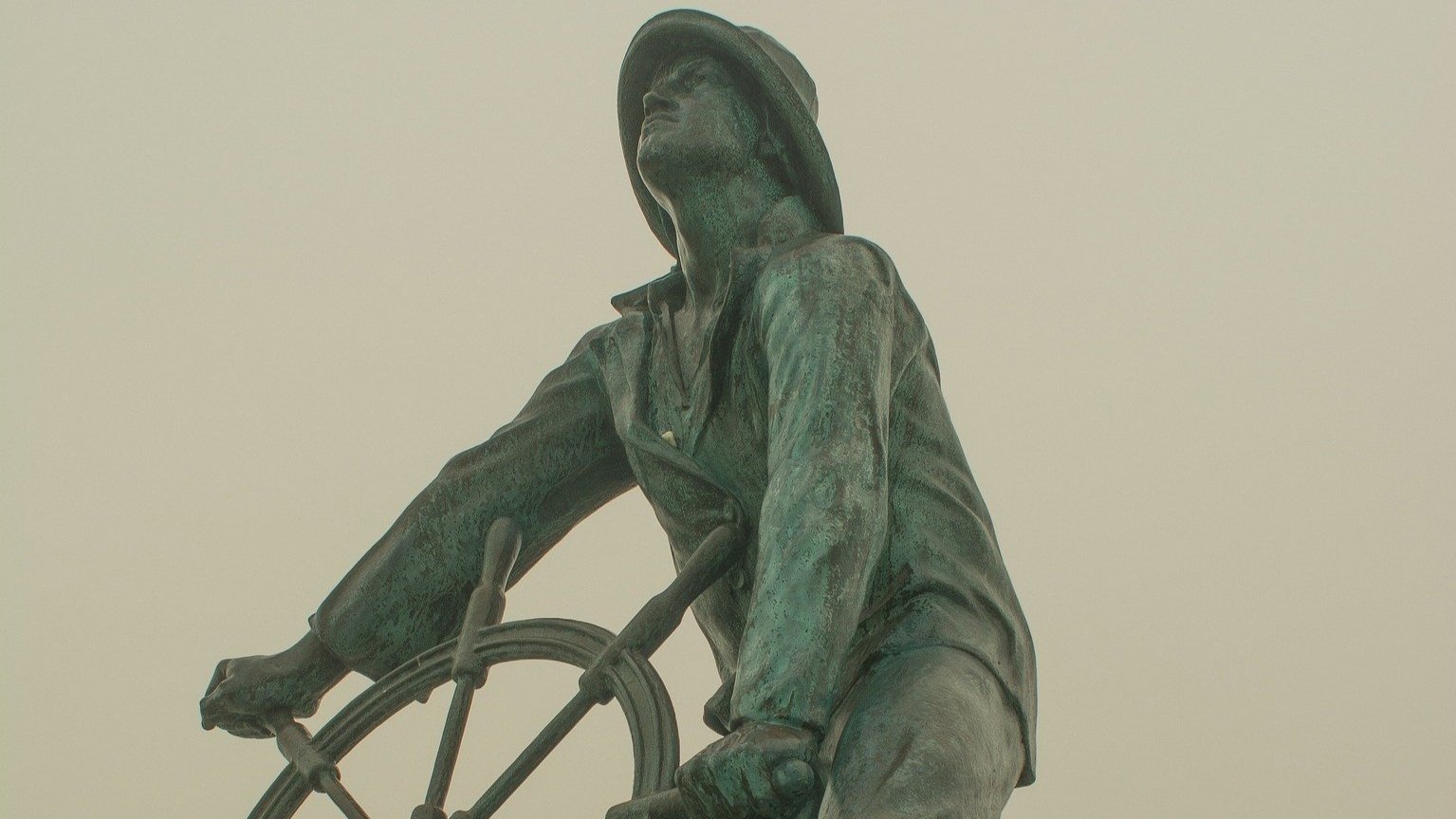
To Be a Gloucesterman
Book, Music and Lyrics by Melville Brown
The story of EDWARD DAY COHOTA, a Chinese immigrant who was raised by a ship’s captain in Gloucester, MA, and served in the Civil War.
A one act musical in seven scenes
SYNOPSIS
China, 1857. Cohota is a boy of 11 when he loses his parents in a flood on the Yangze River and is forced to abandon his home. He makes his way to the American Trading Concession in Shanghai, where he encounters the merchant ship Cohota and draws the attention of Captain Sargent Day, Day’s wife Elizabeth and one of the seamen, Sailor Tim. He stows away on the ship and is discovered after it has left port. The Captain decides to make him the ship’s cabin boy.
A year later, as the ship arrives home in Gloucester, the Captain’s daughter, Lucy Day, asks her parents if Cohota can live with them. They hesitate but reluctantly agree, and Lucy introduces him to the town and its people in the title song.
Lucy and Cohota grow close, but while she is optimistic about his new life, he does not feel at home yet. Another boy, Bill Low, also likes Lucy and wants to be friends with her. In town, Miss Smith and Miss Low gossip with Low and Sailor Tim about Cohota and the Day family. Cohota sings about his increasing alienation from the townspeople and yearns for another immigrant boy as a friend.
Cohota meets Horace Freeman, a local Black boy, on the beach. Freeman tells the story of his family, who bought their freedom and settled in Gloucester. Cohota is thinking about leaving and being on his own, but Horace reminds him that living in a place of freedom is precious and everyone needs other people to lean on. He is Cohota’s first real friend.
It is now 1863, and Cohota is a 17- or 18-year-old teenager. He attends church in town for the first time and listens as Captain Day gives a short homily on the Civil War, quoting Ralph Waldo Emerson: “Everyone has a history worth knowing.” After the service, he is confronted by Bill Low, who wants to exclude him from church. Low calls Cohota a stranger, un-Christian and un-American. The townspeople echo Low’s comments, while the Days heatedly defend Cohota. Low’s frustration boils over and he accuses Cohota of being in love with Lucy, shocking the whole community. Cohota runs off and angrily sings that he is fed up with Gloucestermen and their town.
Horace excitedly tells Cohota about the Emancipation Proclamation, and urges Cohota to enlist with him in the war against slavery. Cohota tells Lucy Gloucester is no longer his home and that he changed his last name to the name of the ship in order to enlist. He bids her goodbye.
It is June, 1864. Cohota, Low and Horace are soldiers anxiously awaiting the call to battle at Cold Harbor, Virginia. Low tells the others to put name tags on their uniform so they can be identified, and the ensemble sings about hope and sacrifice. A voice shouts “Charge!” and is followed by explosions and gunfire. Horace and Low are shot and cry out in pain and desperation. Horace is killed and Cohota pulls Low away from the line of fire. Mourning the loss of his friends, Cohota sings that he is no longer a stranger in America.
Many years pass. An elderly Cohota returns to Gloucester one last time and encounters Low in town, still alive. Low expresses gratitude to Cohota for saving his life and apologizes for having shamed Cohota in front of the town when they were teenagers. He declares that Cohota is a true Gloucesterman and American, but Cohota reveals he can never become an American citizen because he was born Chinese. Low is astonished and asks, “What does being an American mean, anyway?” Cohota answers by singing the title song, replacing the word “Gloucesterman” with “American,” and saluting the flag as the curtain falls.
CAST OF CHARACTERS
(In order of vocal appearance)
Edward Day Cohota*, tenor Narrator, AAPI, teenager, veteran
Sailor Tim, baritone Gloucesterman, 20s
Captain Sargent Day*, baritone Gloucesterman, 30s
Mrs. Elizabeth Day*, soprano Captain Day’s wife, 30s
Lucy Day*, soprano Captain Day’s daughter, teenager
Bill Low*, baritone Gloucesterman, teenager, veteran
Miss Mary Low, mezzo-soprano Bill Low’s older sister, 20s
Miss Catherine Smith, mezzo-soprano Townsperson, 30s
Horace Freeman*, bass-baritone Free Black Gloucesterman, BIPOC, 20s
(*denotes characters based on historical persons)
SCENES AND MUSICAL NUMBERS
The action takes place in Shanghai, China, in 1857; in Gloucester, Massachusetts, from 1858-1863; and at Cold Harbor, Virginia, in June, 1864.
SCENE I: American Trade Concession, Shanghai Musical Number: “The Flood” - Cohota, Ensemble
SCENE II: On Board the Cohota Musical Number: “Outward Bound”- Sailor Tim, Capt. Day, Mrs. Day, Ensemble
SCENE III: In Gloucester Musical Numbers: “To Be A Gloucesterman” - Lucy Day, Ensemble “We Knew It All Along” - Lucy Day, Cohota “Dinner at the Days” - Miss Low, Miss Smith, Bill Low, Sailor Tim “Done With Me” - Cohota “The Undertow” - Horace Freeman, Cohota, Men
SCENE IV: At Church Musical Numbers: “Crossing the Annisquam” - Ensemble “Done With Me Reprise” - Cohota
SCENE V: Departure Musical Number: “We Knew It All Along Reprise” - Lucy Day
SCENE VI: Cold Harbor Musical Numbers: “I Woke One Mornin’” - Low, Freeman, Mrs. Day, Ensemble “Don’t Call Me A Stranger” - Cohota
SCENE VII: Reunion Musical Number: “Finale: To Be A Gloucesterman Reprise”- Cohota, Ensemble
AUDIO TRACKS IN SHOW ORDER
STAGED READING PHOTOS
ADDITIONAL INFORMATION
EDWARD DAY COHOTA was born in Suzhou, China, around 1846. Although little is known about his youth, he is presumed to have lost his parents in a flood prior to making his way to Shanghai and meeting Capt. Sargent Day of the merchant clipper ship Cohota, which made trading voyages to Asia in the 1850s.
Edward grew up with the Day family in Gloucester and enlisted as Edward Cohota in the Massachusetts regiment in 1863. He fought in several Civil War conflicts, including the notorious Battle of Cold Harbor, VA, which resulted in terrible casualties on the Union side but paved the way for the Confederate surrender. Though injured himself, Cohota saved the life of fellow Gloucesterman William Low. The veterans were reunited when he visited Gloucester many years later. Cohota is believed to have known and possibly served with Horace Freeman, from a Free Black family who settled in Gloucester in the 1820s.
After the war, Cohota served in the army across the country and eventually married Norwegian immigrant Anna Halstensen. They settled in Valentine, Nebraska, and had five children; his daughter Elizabeth was Melville Brown’s maternal grandmother. Cohota learned late in life that he was not an American citizen, and despite many attempts was banned by the Chinese Exclusion Act of 1882 from becoming one. He died in 1935 at the Battle Mountain Sanatorium in South Dakota, where he was observed saluting the flag every day.
To Be A Gloucesterman was given a staged reading at Gloucester Stage Company in October, 2023, and was sponsored by the Gloucester 400+ Stories Project as part of the town’s 400th anniversary celebration. A concert reading of the revised show took place in New York City on May 4, 2024, in honor of AAPI month. It continues to be a work in progress.


